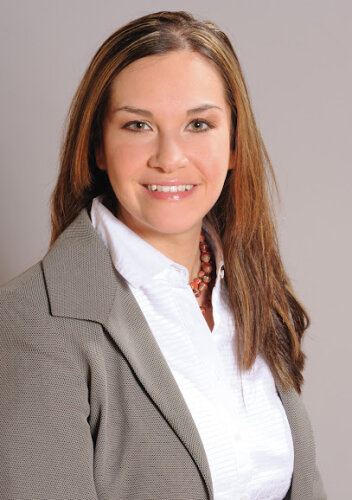Best Brokerage Lawyers in Chicago
Share your needs with us, get contacted by law firms.
Free. Takes 2 min.
Free Guide to Hiring a Real Estate Lawyer
List of the best lawyers in Chicago, United States
About Brokerage Law in Chicago, United States:
Brokerage law in Chicago, United States refers to the rules and regulations that govern the buying and selling of real estate properties through a licensed broker. Brokers act as intermediaries between buyers and sellers, helping to facilitate transactions and ensuring legal compliance. The laws in Chicago are designed to protect the rights of both parties involved in a brokerage transaction and to maintain market integrity.
Why You May Need a Lawyer:
There are several situations where you may require legal help in brokerage, such as disputes over contracts, misrepresentations by brokers, fraud, breach of fiduciary duties, and failure to disclose material information. A lawyer can help you understand your rights, negotiate on your behalf, and represent you in court if necessary.
Local Laws Overview:
In Chicago, some key aspects of local laws that are particularly relevant to brokerage include the Illinois Real Estate License Act, which governs the licensing and conduct of real estate brokers in the state, as well as local zoning laws, property tax regulations, and contract laws. It is important to be familiar with these laws when engaging in brokerage transactions in Chicago.
Frequently Asked Questions:
1. Can I represent myself in a real estate transaction without a broker?
Yes, it is possible to represent yourself in a real estate transaction without a broker, but it is recommended to consult with a lawyer to ensure that all legal requirements are met.
2. How can I find a reputable real estate broker in Chicago?
You can ask for recommendations from friends or family, check online reviews, and verify the broker's licensing status with the Illinois Department of Financial and Professional Regulation.
3. What are some common issues that can arise in a brokerage transaction?
Common issues include disputes over property condition, financing, title defects, and misrepresentations by the seller or broker.
4. What are my rights as a buyer in a brokerage transaction?
Buyers have the right to receive full disclosure of all material information about the property, negotiate the terms of the purchase agreement, and inspect the property before closing.
5. How can a lawyer help me in a brokerage transaction?
A lawyer can review contracts, negotiate on your behalf, conduct due diligence on the property, and represent you in legal disputes if necessary.
6. How can I file a complaint against a real estate broker in Chicago?
You can file a complaint with the Illinois Department of Financial and Professional Regulation if you believe a broker has violated licensing laws or engaged in unethical practices.
7. What is the role of an escrow agent in a brokerage transaction?
An escrow agent is a neutral third party who holds funds and documents in trust until all conditions of the sale are met, ensuring a smooth and secure transaction.
8. What are the different types of brokerage agreements?
Common types of brokerage agreements include exclusive listing agreements, open listing agreements, and buyer-broker agreements, each outlining the duties and responsibilities of the parties involved.
9. Can a real estate broker be held liable for misrepresentations?
Yes, a real estate broker can be held liable for misrepresentations if they provide false information about the property or fail to disclose material facts to the buyer.
10. How can I protect myself from fraud in a real estate transaction?
To protect yourself from fraud, it is important to conduct a thorough due diligence on the property, review all documents carefully, and seek legal advice if you suspect any irregularities.
Additional Resources:
For more information on brokerage law in Chicago, you can contact the Chicago Association of Realtors, the Illinois Department of Financial and Professional Regulation, and the Chicago Bar Association's Real Estate Law Committee.
Next Steps:
If you require legal assistance in a brokerage transaction in Chicago, it is recommended to consult with a qualified real estate attorney who can guide you through the process, protect your interests, and ensure a successful outcome.
Lawzana helps you find the best lawyers and law firms in Chicago through a curated and pre-screened list of qualified legal professionals. Our platform offers rankings and detailed profiles of attorneys and law firms, allowing you to compare based on practice areas, including Brokerage, experience, and client feedback.
Each profile includes a description of the firm's areas of practice, client reviews, team members and partners, year of establishment, spoken languages, office locations, contact information, social media presence, and any published articles or resources. Most firms on our platform speak English and are experienced in both local and international legal matters.
Get a quote from top-rated law firms in Chicago, United States — quickly, securely, and without unnecessary hassle.
Disclaimer:
The information provided on this page is for general informational purposes only and does not constitute legal advice. While we strive to ensure the accuracy and relevance of the content, legal information may change over time, and interpretations of the law can vary. You should always consult with a qualified legal professional for advice specific to your situation.
We disclaim all liability for actions taken or not taken based on the content of this page. If you believe any information is incorrect or outdated, please contact us, and we will review and update it where appropriate.








